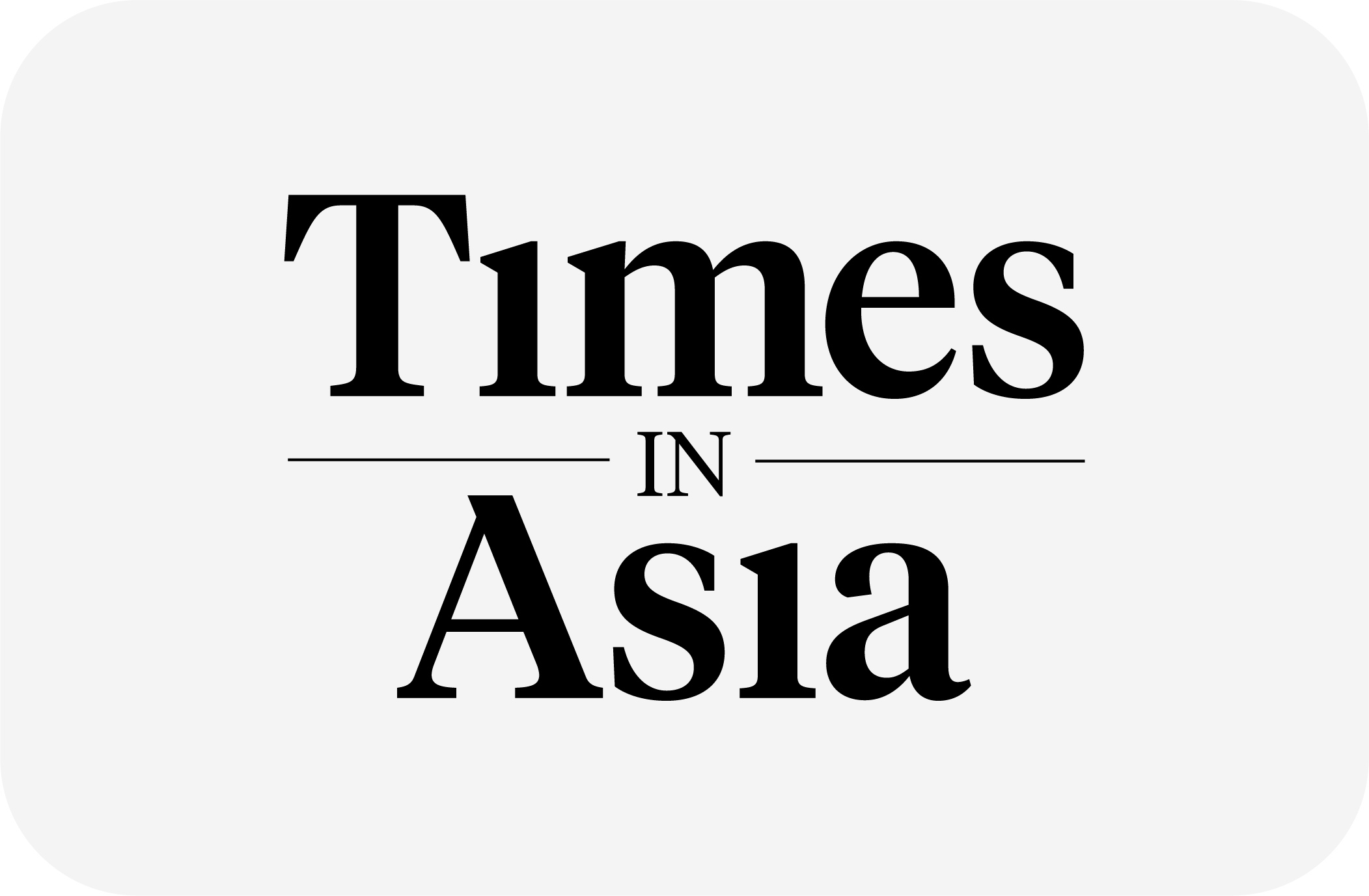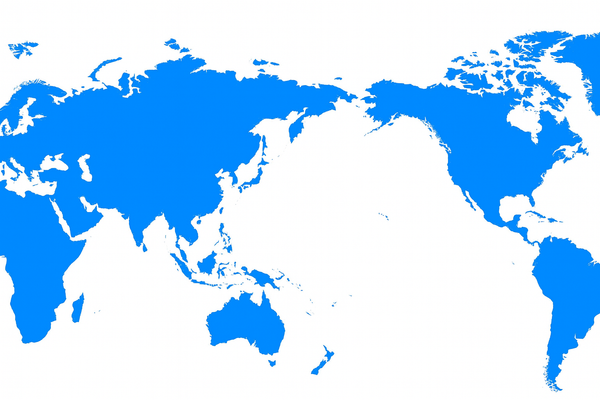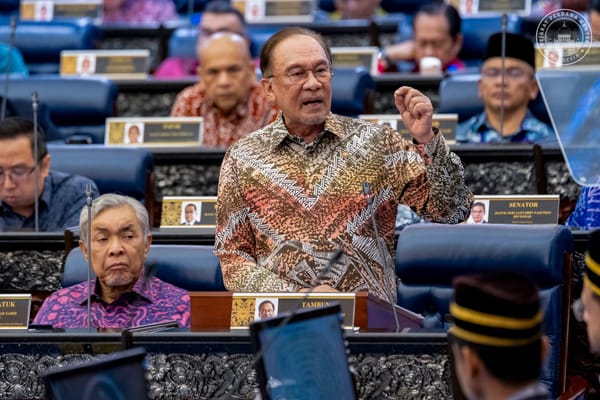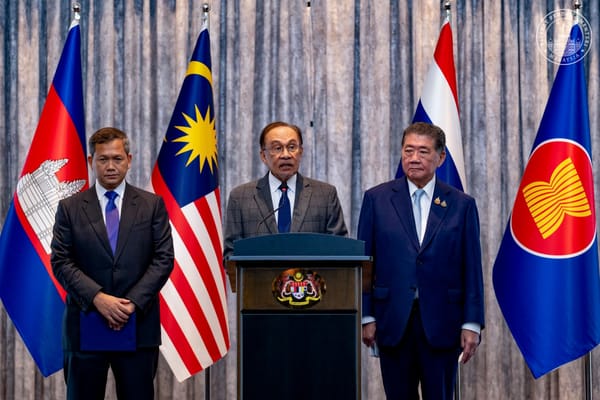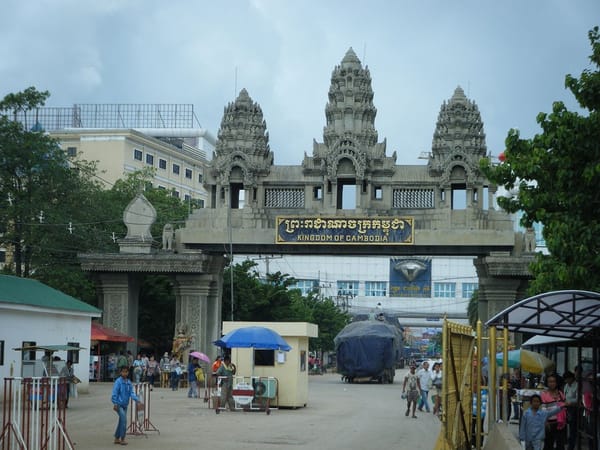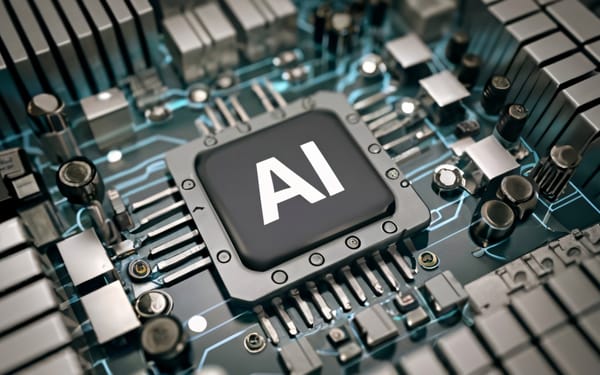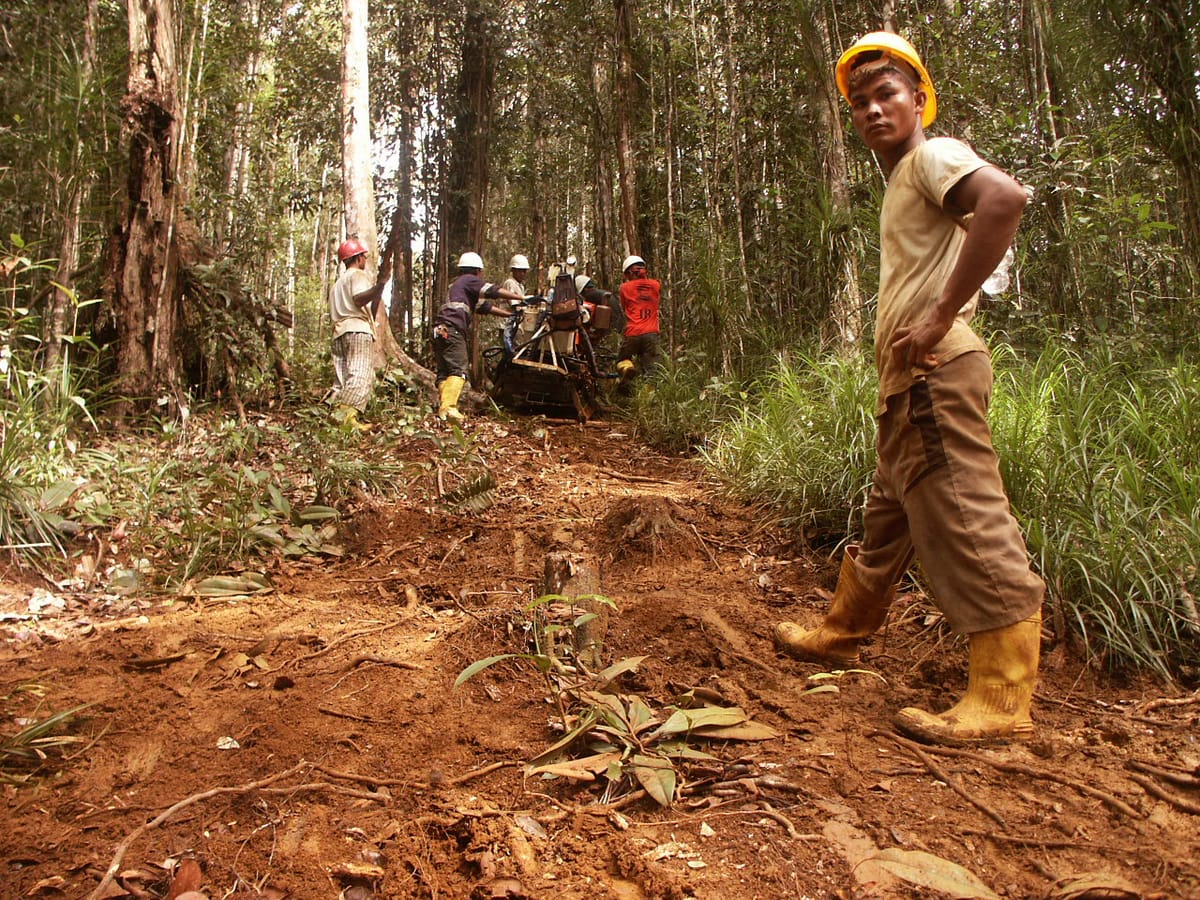
New nickel corridor connects Indonesia with France, CEE
As Indonesia asserts control over its vast nickel reserves, a new supply route is forming between Southeast Asia (SEA) and Central and Eastern Europe (CEE).
France and Hungary are emerging as key European partners in the electric vehicle (EV) supply chain, linking mineral extraction in Indonesia to battery production in Hungary and broader EU green industrial targets in CEE.
Indonesia drives shift in global battery supply chains
Indonesia, the world’s top nickel producer, has banned the export of unprocessed nickel since 2020 and is now positioning itself as a hub for the entire battery value chain. This has triggered a wave of foreign investment in local refining capacity.
French mining group Eramet and Indonesian state miner PT Antam are partners in the Weda Bay Nickel (WBN) joint venture on Halmahera Island, which currently focuses on mining and producing nickel ferroalloys for the stainless steel market.
There are proposals for further high-pressure acid leaching (HPAL) projects on the island, but no HPAL plant operated by Eramet and Antam is currently in operation.
Indonesian National Economic Council Luhut Binsar Pandjaitan has said Indonesia aims to move beyond supplying raw materials to become part of the global EV ecosystem, when he spoke at the 2025 Jakarta Mining Forum.
Paris backs strategic nickel access
France’s involvement is driven by both industrial and geopolitical goals. The EU’s Critical Raw Materials Act, passed in 2023, requires member states to secure strategic resources outside Chinese-dominated supply chains. Paris views Eramet’s presence in Indonesia as both a commercial opportunity and a strategic foothold.
Eramet CEO Christel Bories has stated that the partnership with Antam is intended to ensure long-term access to critical materials compliant to transparent, environmental, social and governance compliant.
Hungary builds up downstream battery supply
Meanwhile, Hungary has positioned itself as the EU’s battery capital. Chinese firms such as CATL and EVE are building gigafactories around Debrecen, east Hungary, while South Korea’s Samsung and Germany’s BMW are expanding operations. These plants will require steady supplies of processed nickel, cobalt and lithium, much of which may come from Southeast Asia (SEA).
Hungarian Foreign Minister Peter Szijjarto has said Hungary is aiming to become the continent’s fastest-growing hub for battery production and that securing upstream access to raw materials is now critical.
Hungary’s role as a downstream node complements France’s upstream engagement. While the two governments have not formalised a trilateral framework with Indonesia, companies from each country are already forming parallel commercial links.
Companies are developing logistics channels to connect Indonesian ports with Hungarian factories, supported by EU dual-use transport corridor funding.
Jakarta has expressed interest in closer cooperation with both France and Hungary, particularly in the context of ASEAN-EU trade. Indonesia is also keen to develop local electric vehicle industries, and has discussed joint ventures with European automakers including Renault.
Renault Asia-Pacific has said it is exploring production models that benefit both local and European markets. While Indonesian Industry Minister Agus Gumiwang Kartasasmita has promoted potential EV investments, Renault has not officially confirmed the completion of a feasibility study or an investment decision.
Nickel processing raises environmental risks
Challenges remain, however. Green NGOs have raised environmental concerns over the emissions-intensive HPAL extraction method, which also generates toxic waste.
The EU’s Carbon Border Adjustment Mechanism (CBAM) does not currently cover nickel directly, but future CBAM expansion or indirect impacts through the stainless steel supply chain could affect Indonesian exports.
Leading Indonesian energy economist Tri Nugroho has said unless the EU provides technical and financial assistance to improve emissions standards at source, the CBAM risks penalising strategic partners such as Indonesia.
TotalEnergies, Danone deals deepen France’s Indonesian footprint
French President Emmanuel Macron’s recent visit to Jakarta underscored France’s ambition to expand its economic and security ties with Indonesia and SEA countries.
French firms TotalEnergies and Danone also signed commercial deals, reflecting Paris’s strategy to deepen its footprint in the Indonesian economy, amid global trade tensions and shifting supply chains.
Macron’s large business delegation was part of the EU’s push to offer ASEAN states an alternative to reliance on China and the US, with the French leader describing the relationship as “strong across defence, security, economy and culture”.
